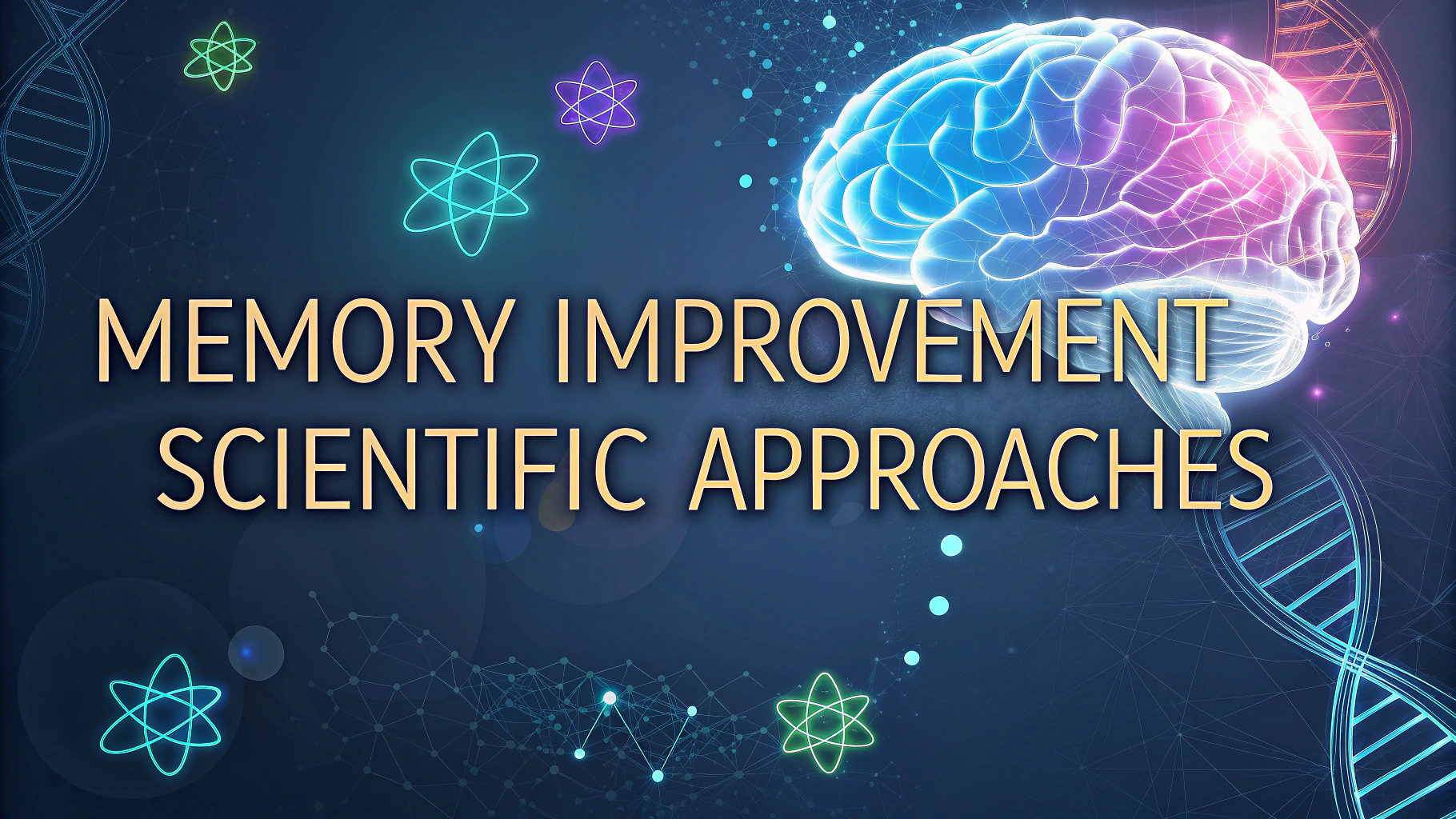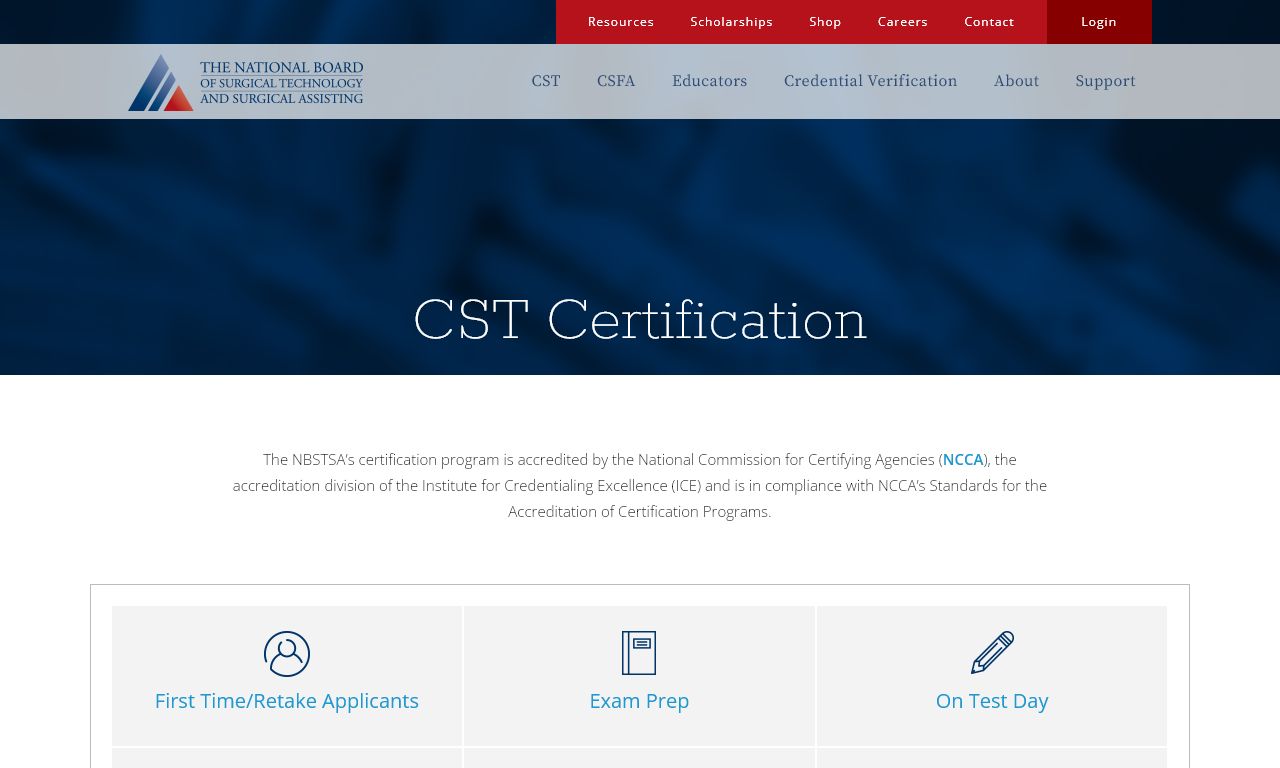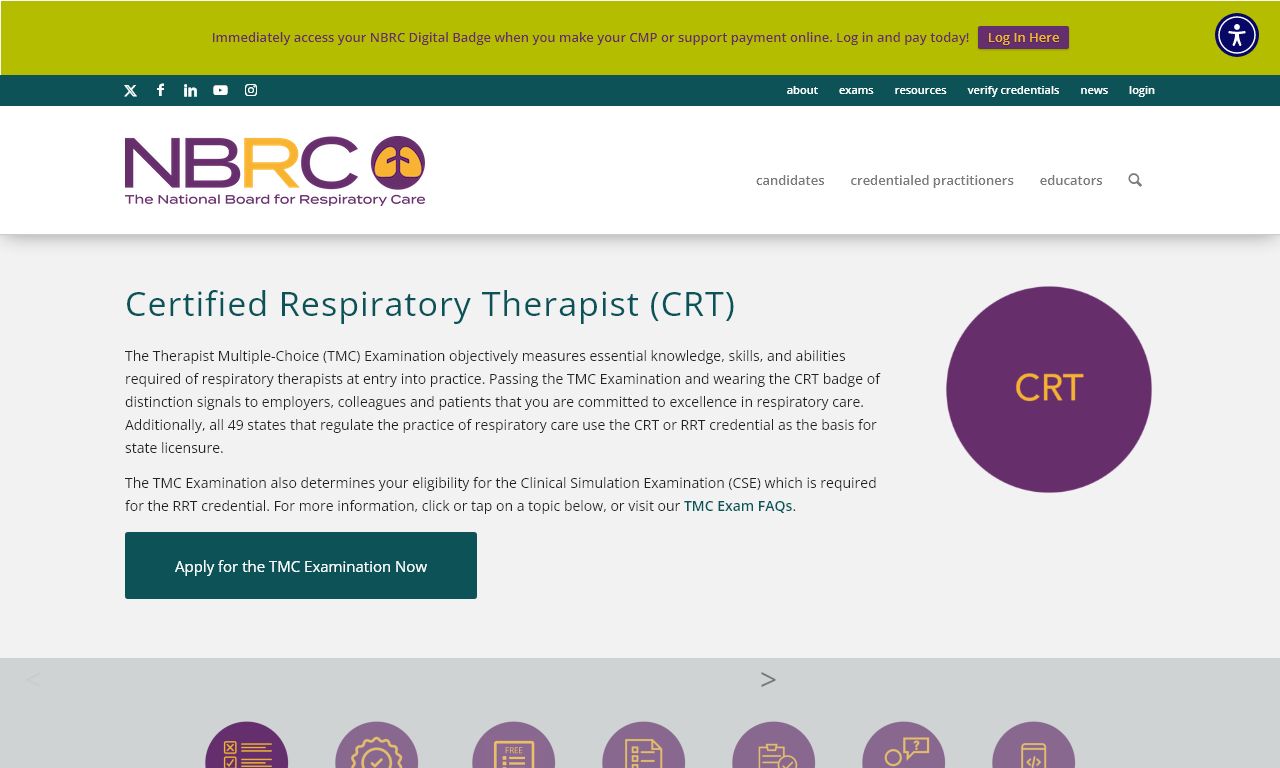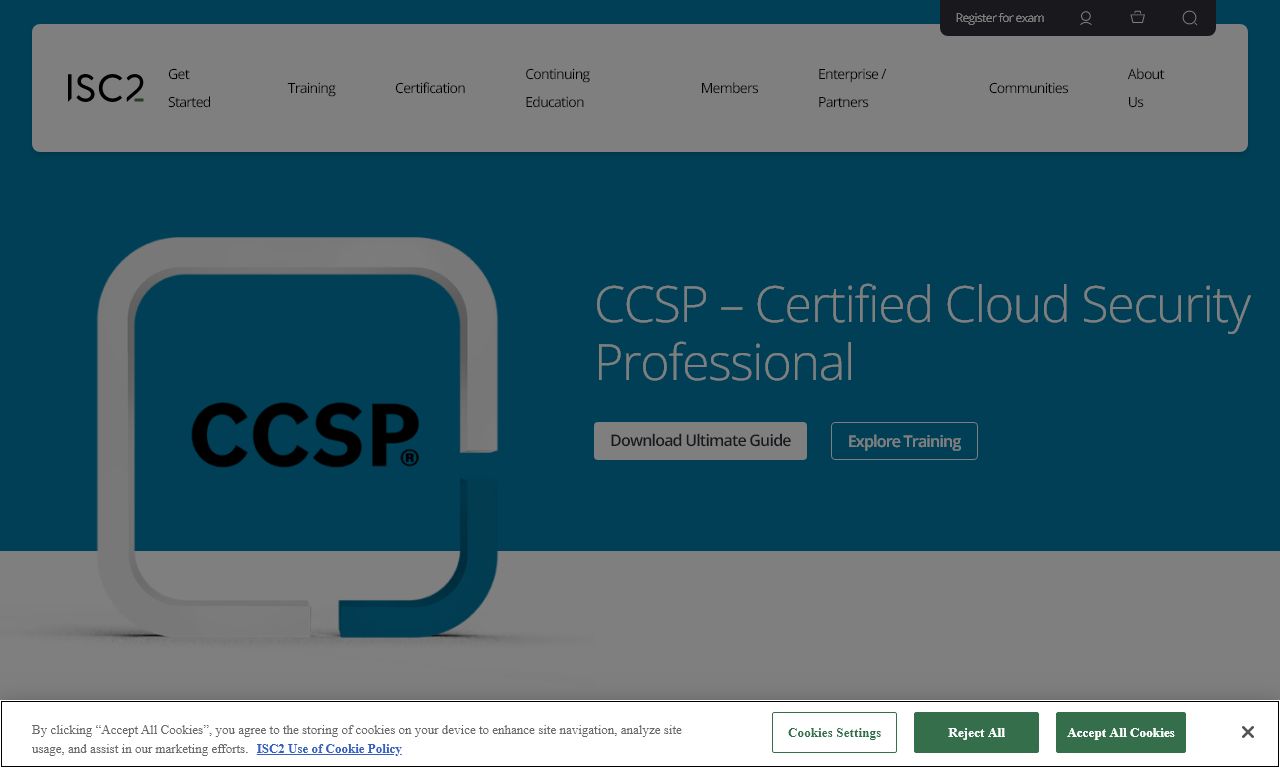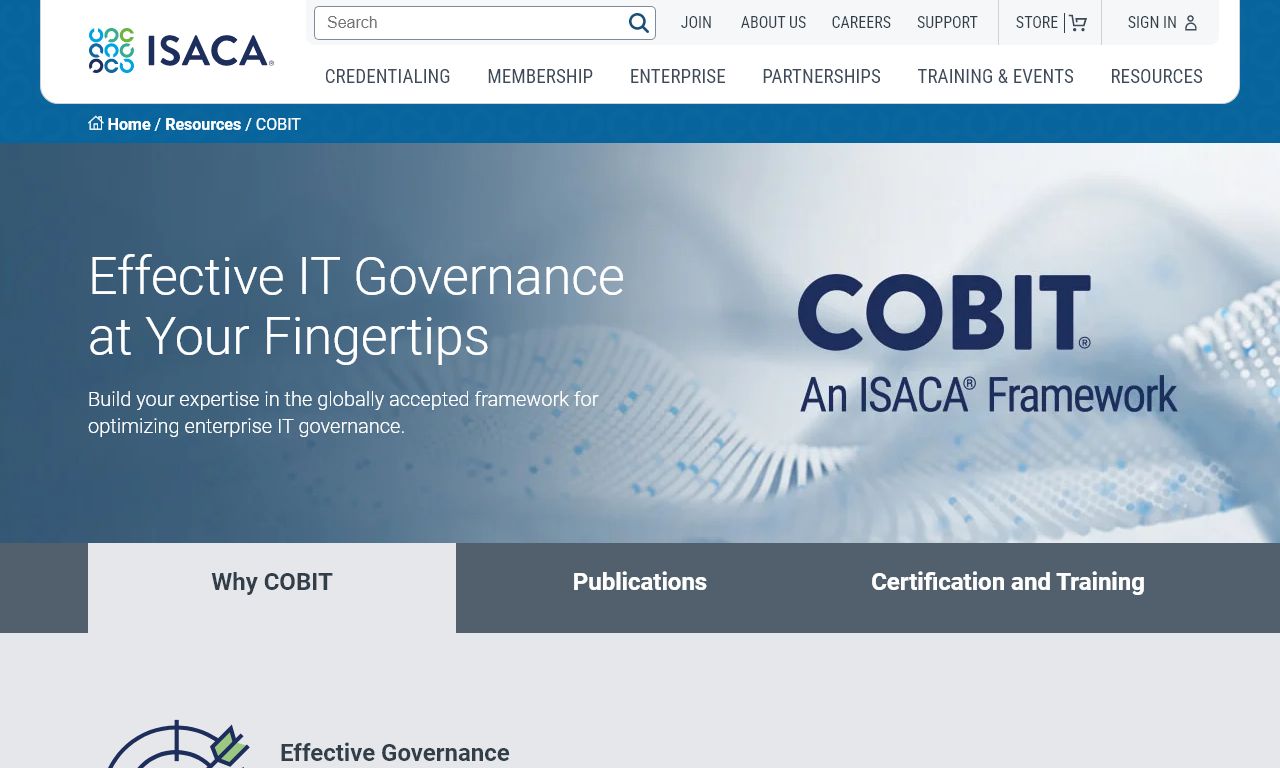Scientific research shows that improving memory involves specific techniques and lifestyle changes that can enhance both short-term and long-term recall.
Quick Memory Enhancement Methods
- Use spaced repetition: Review information at gradually increasing intervals
- Practice active recall: Test yourself instead of re-reading
- Create mind maps: Connect related concepts visually
- Apply mnemonics: Use acronyms or memorable phrases
Physical Factors That Boost Memory
Research from Harvard Medical School indicates that regular aerobic exercise increases the size of the hippocampus, the brain area responsible for memory formation.
- Sleep 7-9 hours nightly
- Exercise 30 minutes daily
- Maintain balanced nutrition
- Stay hydrated (8 glasses of water daily)
Study Techniques Based on Research
| Technique | Effectiveness |
|---|---|
| Practice Testing | High (85% retention) |
| Distributed Practice | High (80% retention) |
| Elaborative Rehearsal | Medium (65% retention) |
Memory-Boosting Tools
- Anki – Free flashcard app using spaced repetition
- Mindmeister – Mind mapping software
- Quizlet – Interactive study sets
Exam Preparation Strategy
- Break material into chunks (Miller’s Law suggests 7±2 items per chunk)
- Study in 25-minute focused sessions (Pomodoro Technique)
- Take 5-minute breaks between sessions
- Review material 24 hours before the exam
Memory-Enhancing Foods
- Blueberries (high in antioxidants)
- Fatty fish (omega-3 rich)
- Dark chocolate (70% or higher cocoa)
- Nuts and seeds (vitamin E sources)
For professional memory training, contact the International Association of Memory.
Warning Signs
Consult a healthcare provider if experiencing sudden memory changes or consistent difficulty retaining new information.
Contact emergency services (911 in US) if memory issues accompany severe headaches, confusion, or speech problems.
Advanced Memory Techniques
- Method of Loci: Create a mental “memory palace”
- Link Method: Connect items in a story
- Pegword System: Associate numbers with rhyming words
- Major System: Convert numbers to consonant sounds
Digital Age Memory Challenges
Modern technology affects memory formation and retention. Research shows excessive device use may impact deep learning and recall.
Digital Memory Tips
- Practice digital detox periods
- Write notes by hand when possible
- Use focused reading apps
- Limit multitasking during study sessions
Long-term Memory Maintenance
- Learn a new language
- Play strategy games
- Practice meditation
- Maintain social connections
Conclusion
Effective memory improvement requires a multi-faceted approach combining proper technique, lifestyle habits, and consistent practice. Regular application of these evidence-based methods, alongside healthy lifestyle choices, can significantly enhance memory performance.
Remember that memory improvement is a gradual process. Track progress and adjust strategies as needed for optimal results.
Disclaimer: This information is for educational purposes only and should not substitute professional medical advice.
FAQs
- What are the most scientifically-proven techniques for improving memory?
Active recall, spaced repetition, the method of loci (memory palace), dual coding (combining visual and verbal information), and getting adequate sleep are the most evidence-backed techniques for memory enhancement. - How does sleep affect memory consolidation?
During sleep, particularly during deep sleep stages, the brain transfers information from short-term to long-term memory through a process called memory consolidation. Research shows that 7-9 hours of quality sleep is optimal for memory formation. - What role does exercise play in memory improvement?
Regular aerobic exercise increases blood flow to the brain, promotes the growth of new neurons in the hippocampus, and releases memory-boosting chemicals like BDNF (Brain-Derived Neurotrophic Factor), leading to better memory formation and retention. - How effective is the Pomodoro Technique for studying and memory retention?
The Pomodoro Technique, using 25-minute focused study periods followed by short breaks, has been shown to enhance memory retention by preventing cognitive fatigue and maintaining optimal attention levels. - What dietary factors can enhance memory function?
Omega-3 fatty acids, antioxidants, flavonoids (found in berries and dark chocolate), and B vitamins have been scientifically proven to support memory function and overall cognitive performance. - Why is spaced repetition more effective than cramming?
Spaced repetition leverages the spacing effect, where information is better retained when reviewed at gradually increasing intervals, while cramming leads to rapid forgetting due to insufficient memory consolidation time. - How can mnemonics improve memory retention?
Mnemonics create meaningful associations and organize information into memorable patterns, making abstract or complex information easier to encode and retrieve from long-term memory. - What is the optimal revision schedule for long-term retention?
Research indicates reviewing material after 24 hours, then 1 week, 1 month, and 3-6 months creates the strongest long-term memory traces through optimal spacing intervals. - How does stress impact memory formation and recall?
Acute stress can enhance memory formation through cortisol release, but chronic stress impairs memory by damaging hippocampal neurons and interfering with memory consolidation processes. - What is the role of active recall in memory improvement?
Active recall, testing yourself on material rather than passively reviewing it, strengthens neural pathways and improves long-term retention by forcing the brain to retrieve and reconstruct information.
